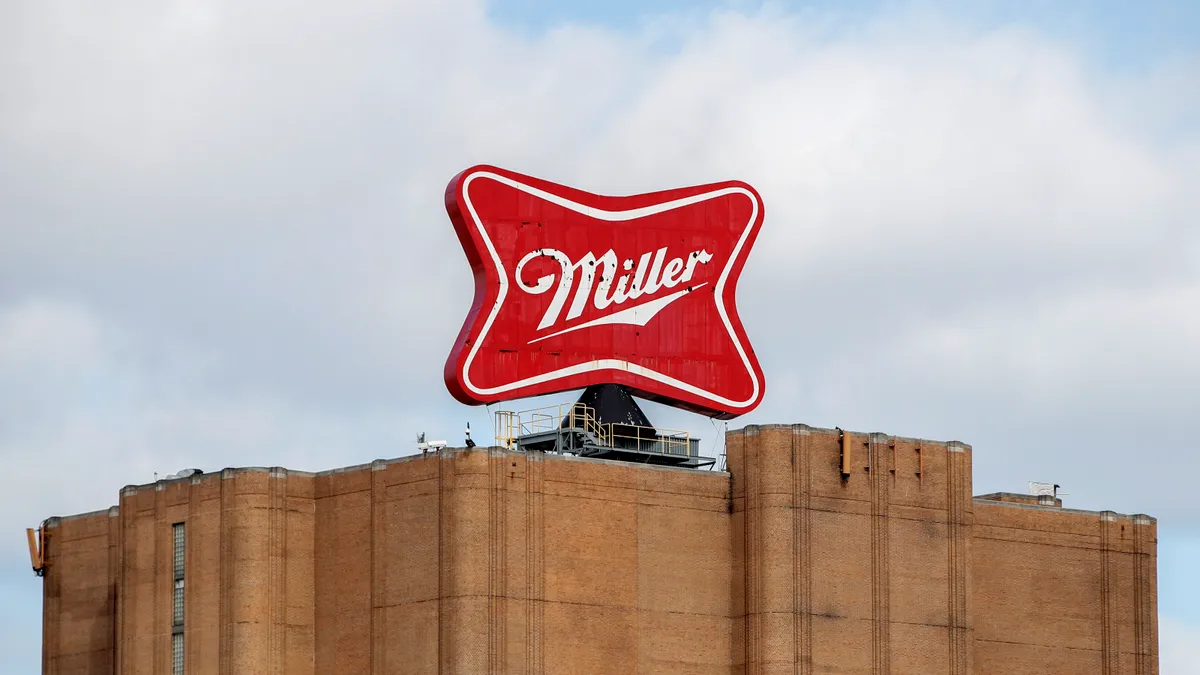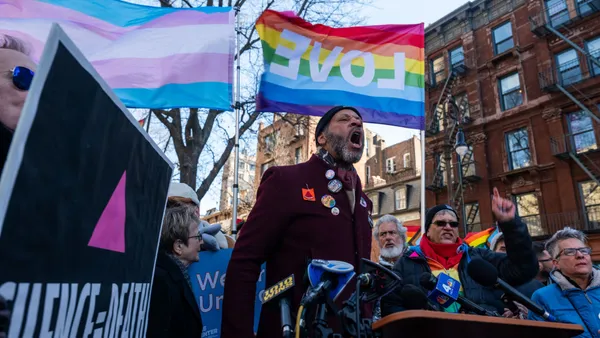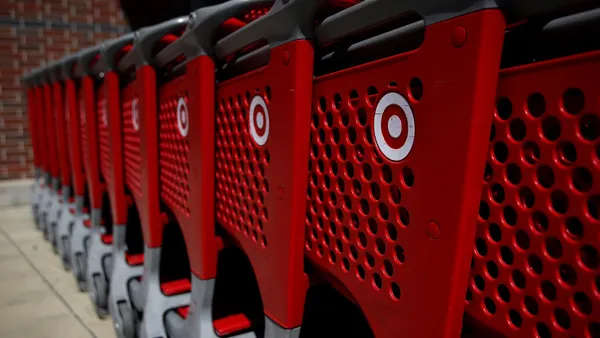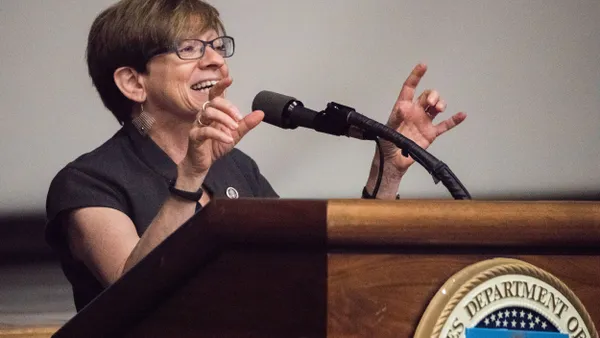The defining diversity, equity and inclusion story of 2024 may be the parade of employers announcing they no longer had or would no longer have DEI programs for their employees.
While the actions taken were varied, many companies recanted on diverse hiring commitments, shelved Pride events and initiatives, and said they would no longer participate in the Human Rights Campaign’s Corporate Equality Index.
How the corporate rollbacks unfolded
-
June
Tractor Supply announces an end to DEI programming.
-
July
SHRM drops the E from its DEI function.
-
July
Microsoft laid off two redundant DEI employees, sparking a firestorm in which it said the measure was mischaracterized as an end to all DEI programming.
-
July
John Deere axes social or cultural awareness events.
-
August
Harley-Davidson announces a DEI pullback, which happened in April.
-
August
Jack Daniel’s parent company announces a DEI sun-setting.
-
August
Lowe’s puts an end to its DEI programming.
-
August
Ford responds pre-emptively to ongoing DEI rollback narrative.
-
August
Molson Coors announces a shift in its DEI programming.
-
November
Walmart transitions to “belonging” instead of DEI.
The next year will undoubtedly bring more tension, particularly when it comes to building and maintaining a diverse talent pool. President-Elect Donald Trump ran on an actively anti-immigrant platform during the 2024 election cycle; his stances on immigration policy have frustrated employers in years past.
Challenges also may abound as influencers or conservative advocacy groups try to pressure employers with public commitments to fairness.
Experts on inclusion and belonging have considered the challenges of this past year and told HR Dive that DEI isn’t dead — but U.S. employers may need to transform their DEI initiatives to survive in this modern climate.














